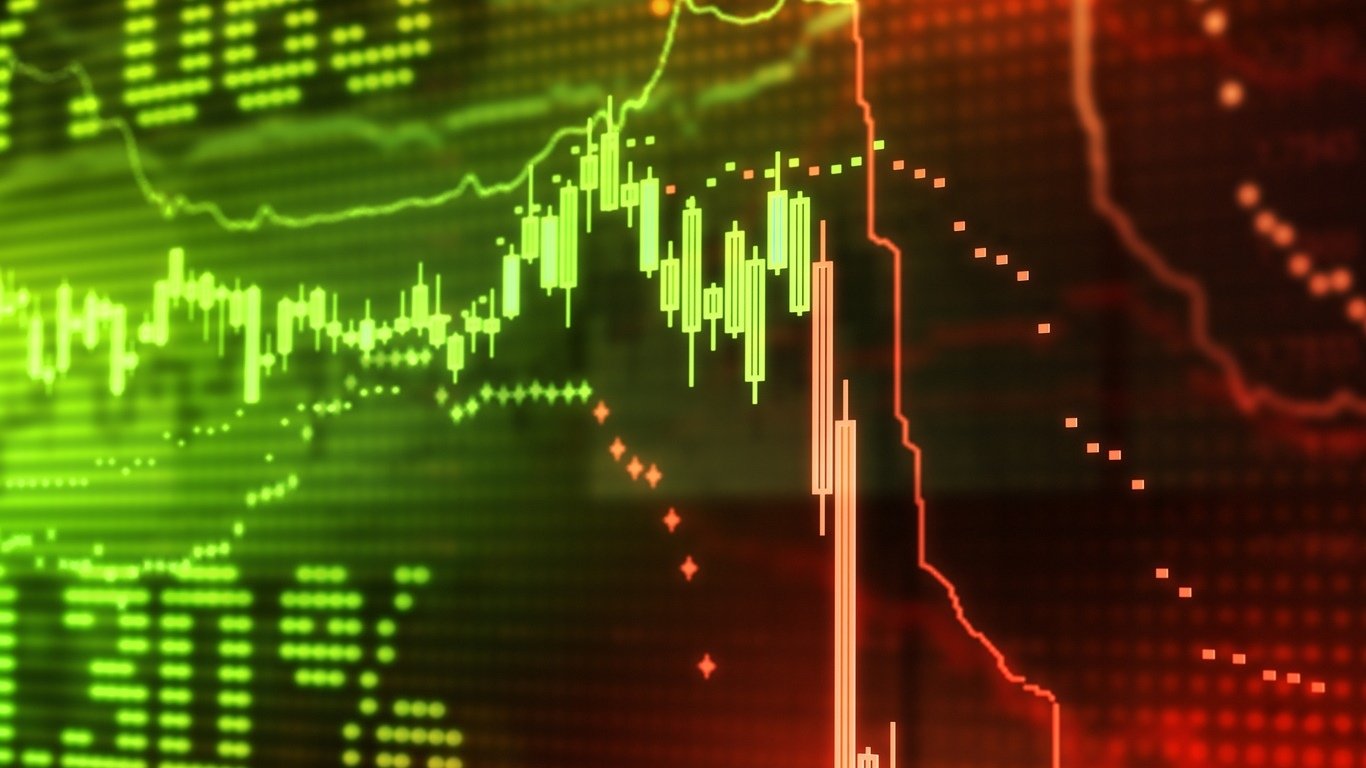Investing
4 Stocks to Play It Safe in a Market Crash

Published:
Last Updated:

The Dow Jones industrial average has been through wild gyrations for the past month. October is historically a time when the markets fall sharply. Yet, not every stock is a dangerous investment when the Dow sells off 500 points in one day. Some stocks are not just safe to own in a bear market, but they also are solid investments anytime.
Stocks that protect investor money from sell-offs share several characteristics. First, these companies are in parts of the American economy least likely to be damaged in an economic downturn. They also dominate in their industry, holding major market share. They have a long time history of profits through good markets and bad. They have rock-solid balance sheets that protect them from economic cycles. These balance sheets do not contain debt that threatens a company’s viability. Finally, they are in businesses that are likely to survive and even thrive for decades.
AT&T is in three businesses. The first, which is the current engine of its success, is wireless subscriptions. At the moment, it only has one major competitor in the industry, which is Verizon Communications. The wireless market in the United States is huge, with aggregate subscriptions of over 300 million. While national subscriber count is not growing, several ways wireless companies expand are. AT&T has been able to charge more for some data plans. Sales of new products, which include new phones from Apple and Samsung, keep customers returning for upgrades. And the emergence of the ultra-fast 5G wireless systems will allow AT&T to upgrade customers again.
AT&T’s landline business, which is essentially its legacy business, is shrinking. However, profits remain good as subscribers leave their old-style phones behind. Finally, AT&T is among the largest holders of media assets. Its buyout of Time Warner gives it major media properties that include HBO, Warner Bros. and Turner Media. These businesses allow AT&T to participate in the future of streaming media.
AT&T’s sales last year were $160 billion, on which the company made $30 billion.
JPMorgan is considered the creme de la creme of large financial services companies. It also has the most well-regarded financial services CEO in Jamie Dimon. Generally, publicly traded financial stocks are considered volatile investments when markets drop. However, JPMorgan has a large enough portfolio of businesses to wall it off from dangerous economic conditions.
The bank has a large institutional banking operation that provides services to large companies around the world. Much of this is based on lending to multinationals, which are usually the most creditworthy clients. JPMorgan also does business with large companies when they issue debt and equity. JPMorgan makes money on the transactions but does not hold the assets it sells, which means it makes money via services but is walled off from risks of the eventual value of these assets.
JPMorgan also has one of the largest consumer banking operations in the world. This gives it access to tens of millions of customers. The bank not only offers mortgage and loan services to these people, but it sells them assets that include stocks and bonds. Once again, it makes money on transactions but does not hold the assets it buys or sells.
Last year, JPMorgan had revenue of $94 billion, on which it had net income of $24 billion. The bank also has a dividend yield of 3%, which is considered safe from a cut.
Thank you for reading! Have some feedback for us?
Contact the 24/7 Wall St. editorial team.